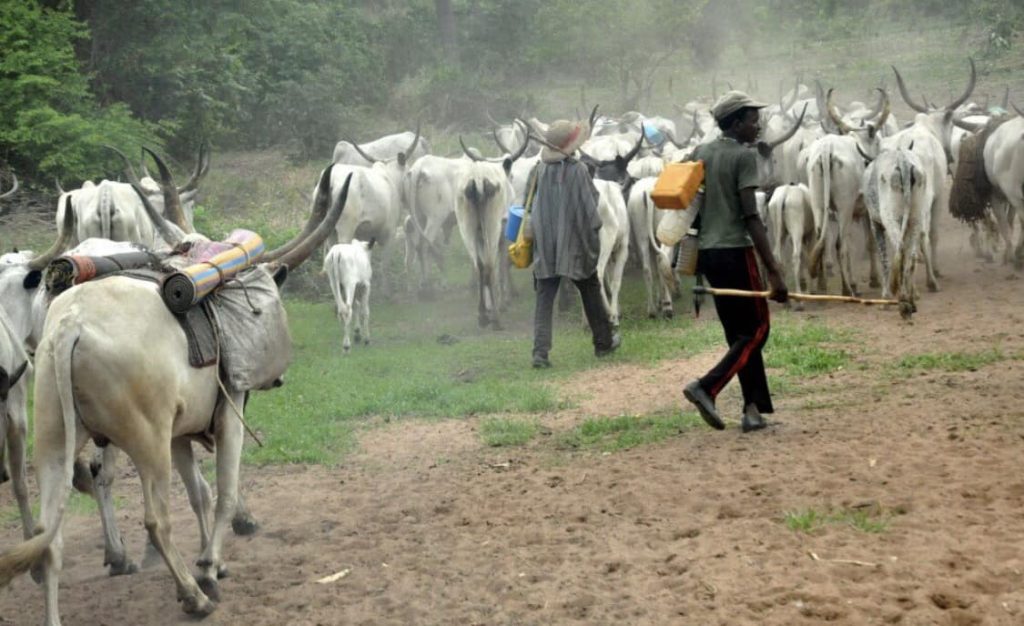Five years after the emergence of COVID-19 in Wuhan, China, concerns are mounting over another potential public health threat—Human Metapneumovirus (HMPV). The virus, a respiratory pathogen, gained attention in late 2024 after cases surged in northern Chinese provinces, sparking fears of a new pandemic. Reports of infections have also surfaced in India, Malaysia, Kazakhstan, and the United Kingdom, leading to heightened global surveillance.
Despite these concerns, the World Health Organization (WHO) and the U.S. Centers for Disease Control and Prevention (CDC) have not issued severe warnings regarding an imminent global threat. Health experts have advised the public to remain calm, emphasizing that while HMPV is a serious respiratory illness, fears of a pandemic are unfounded at this stage.
Understanding Human Metapneumovirus (HMPV)
HMPV is not a newly discovered virus—it was first reported in 2001 and has been commonly occurring since then. Unlike COVID-19 or influenza, HMPV is not classified as a notifiable disease, meaning it does not require mandatory reporting to public health authorities. However, this does not imply that the virus is harmless, especially to vulnerable populations.
HMPV primarily spreads through respiratory droplets from coughing or sneezing and can also be transmitted via contact with contaminated surfaces. The virus causes a range of respiratory illnesses, from mild colds to severe pneumonia. Those most at risk include:
- Elderly individuals
- Young children
- People with weakened immune systems
Given these risks, public awareness is crucial—particularly in countries like Nigeria, where access to healthcare resources may not be readily available for all citizens.
Nigeria’s Response and Risk Assessment
On January 6, 2025, the Nigeria Centre for Disease Control and Prevention (NCDC) issued a public health update stating that there has been no unusual rise in respiratory infections, including HMPV-related cases.
To assess the situation thoroughly, a joint risk assessment was conducted by:
- NCDC
- Federal Ministry of Health
- World Health Organization (WHO)
- U.S. Centers for Disease Control and Prevention (CDC)
- UK Health Security Agency
Their findings classified the risk of HMPV in Nigeria as moderate. While this suggests that Nigeria is strengthening its health surveillance and preparedness, there are no reported cases of HMPV in the country as of now. However, experts stress that maintaining a high level of vigilance is essential.
Lessons from COVID-19: The Importance of Preparedness
Although the risk of HMPV escalating into a pandemic is low, there are significant lessons to be learned from the COVID-19 pandemic that can help shape Nigeria’s response to potential future health crises.
The proactive steps taken by Nigerian health authorities to improve readiness and monitoring are encouraging. Even though a vaccine for HMPV is still in the testing phase, other preventive measures can mitigate its spread and reduce risks.
Preventive Measures and Public Health Recommendations
Since HMPV spreads in a manner similar to other respiratory viruses, following basic hygiene practices is crucial in reducing its impact. Key recommendations include:
- Frequent handwashing with soap and water
- Using hand sanitizers when soap is unavailable
- Covering the mouth and nose while coughing or sneezing
- Avoiding close contact with infected individuals
- Disinfecting frequently touched surfaces
Additionally, while there is no specific vaccine for HMPV yet, vaccines for other respiratory illnesses like influenza and pneumonia should be prioritized for at-risk populations.
The Role of Communities and Healthcare Institutions
Community leaders, healthcare workers, and public organizations play a vital role in ensuring effective public health responses. Local engagement in health education and hygiene promotion can help control the spread of HMPV and similar illnesses.
Moreover, improving laboratory testing and data tracking is necessary for early detection and intervention. A strong healthcare system, ongoing research, and public awareness campaigns will enhance Nigeria’s ability to manage and mitigate future health threats.
Conclusion: Taking Action Before the Risk Escalates
While there is no immediate cause for alarm, Nigeria must remain proactive in handling potential health threats like HMPV. Delaying action could increase risks, especially for vulnerable populations.
By implementing preventive measures, strengthening healthcare infrastructure, and promoting public awareness, Nigeria can stay ahead of potential outbreaks and protect the health of its citizens.
The government, healthcare institutions, and the public must work together to ensure that any emerging threats, including HMPV, are effectively managed before they become a larger crisis.












